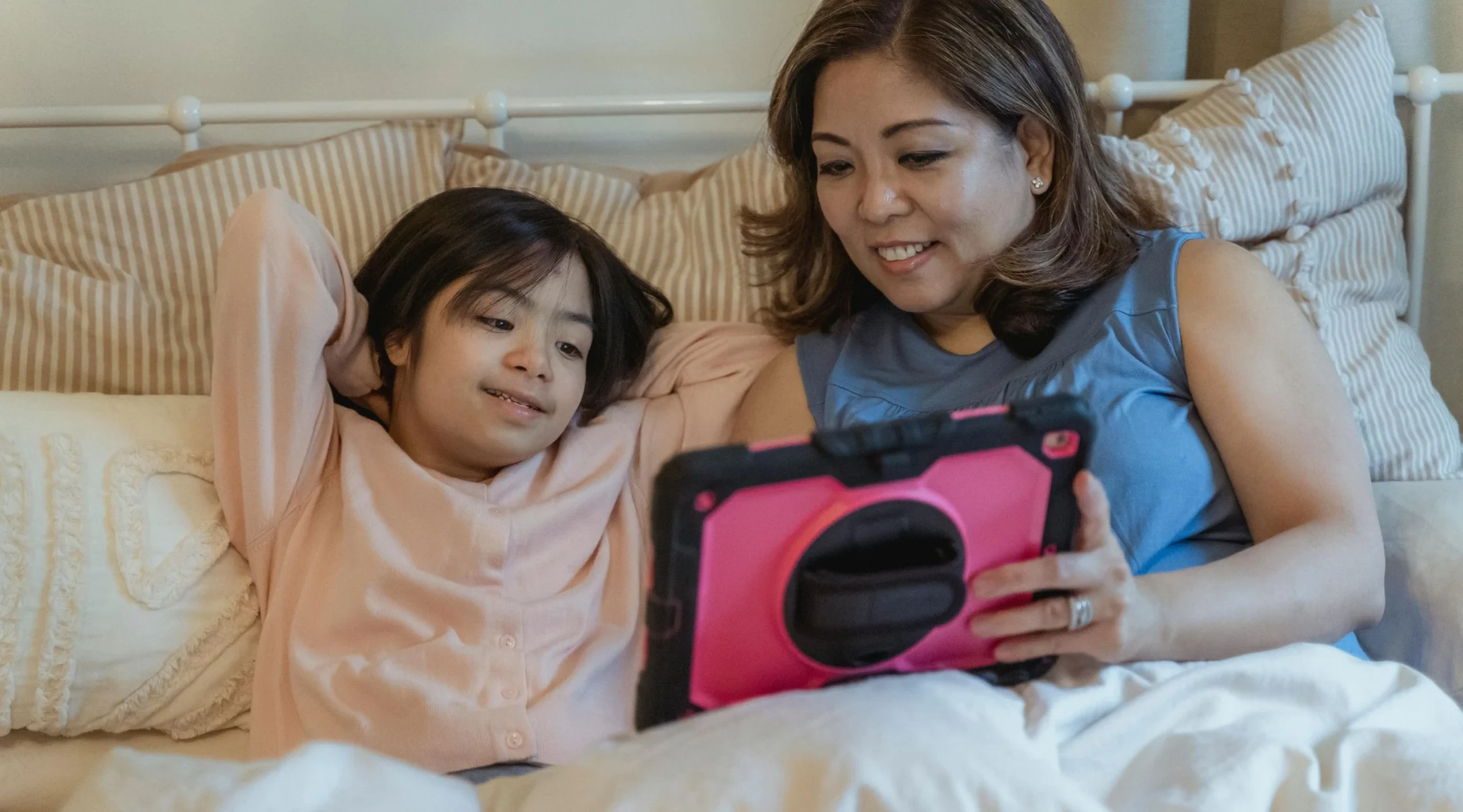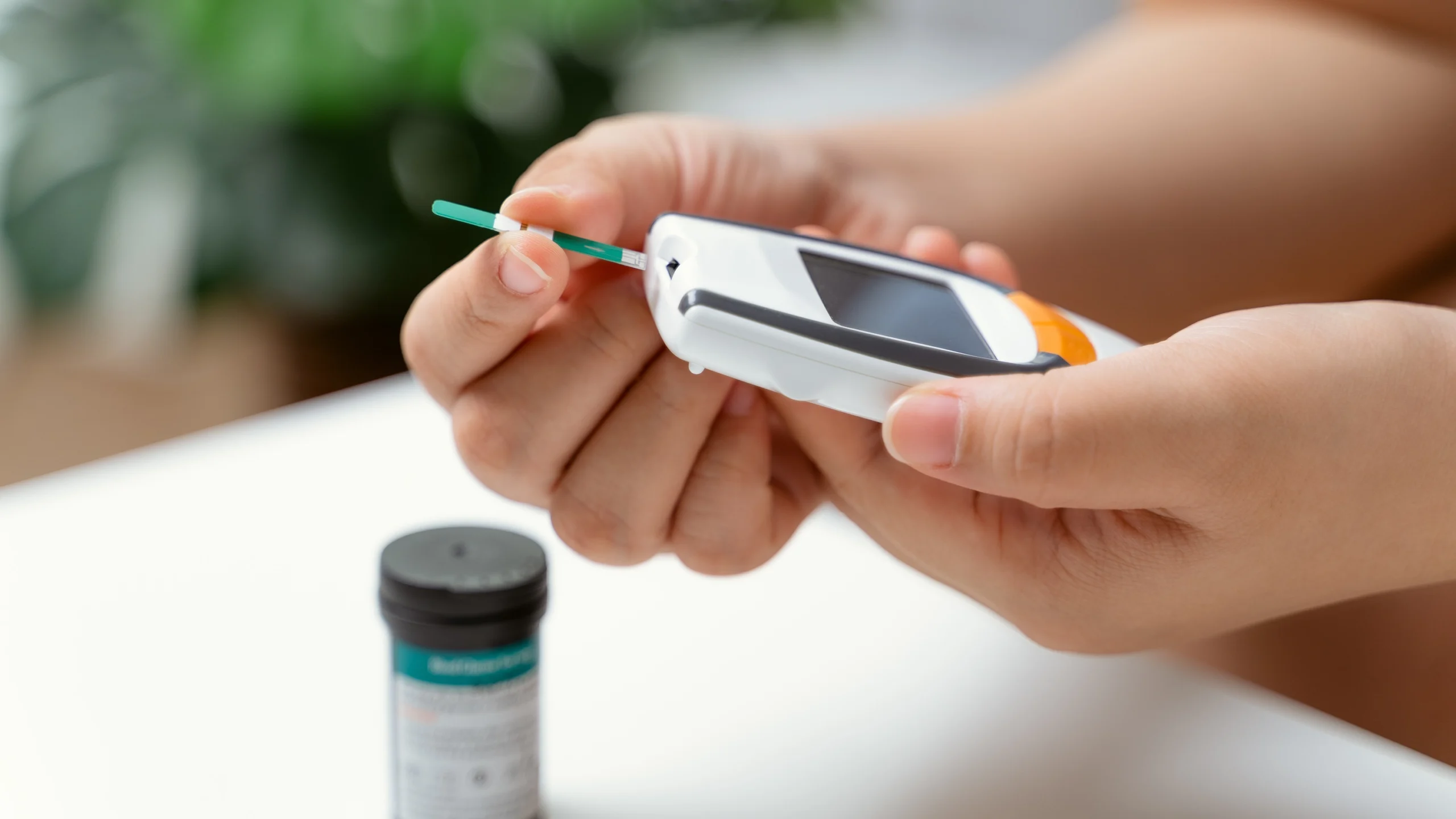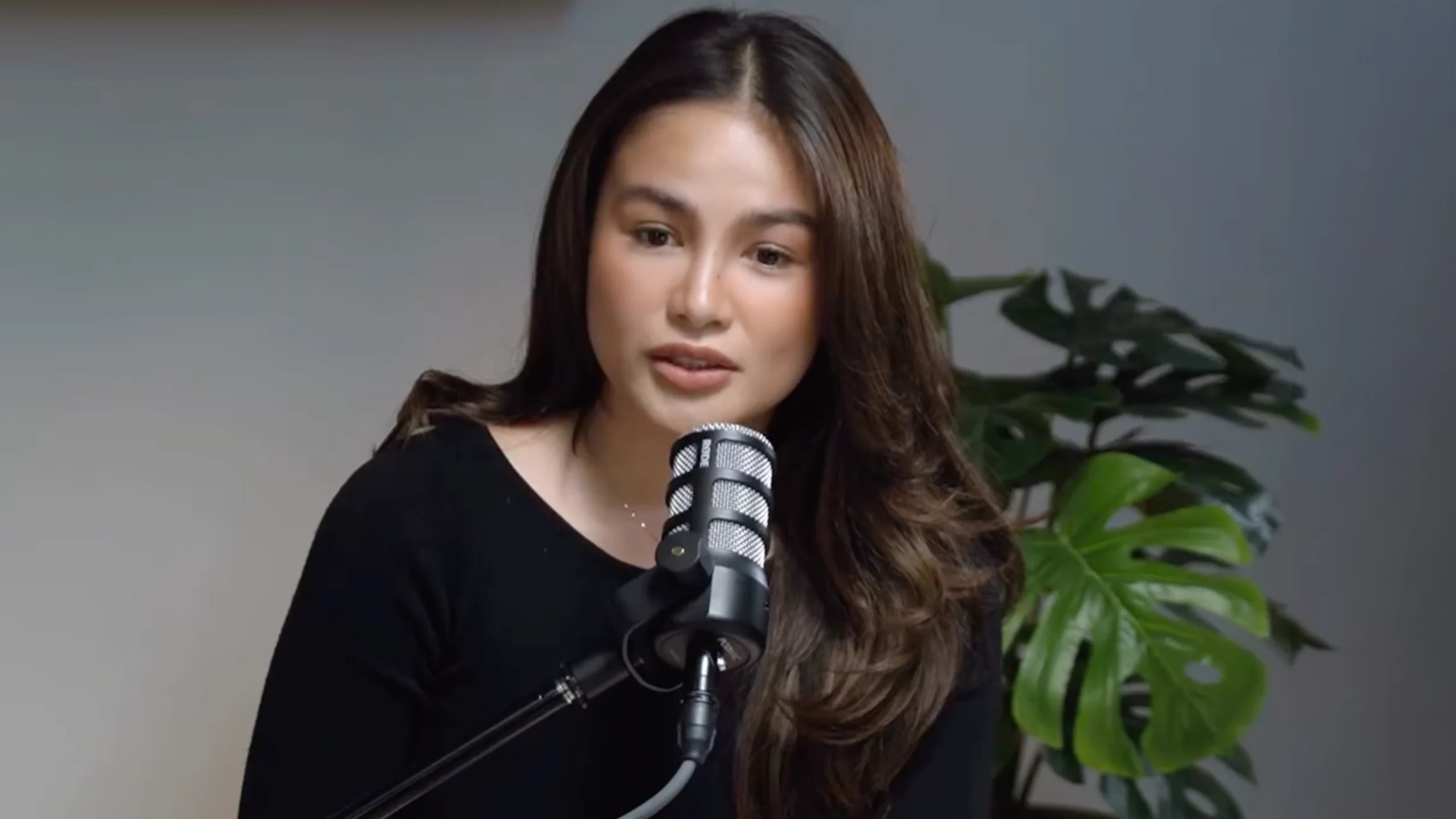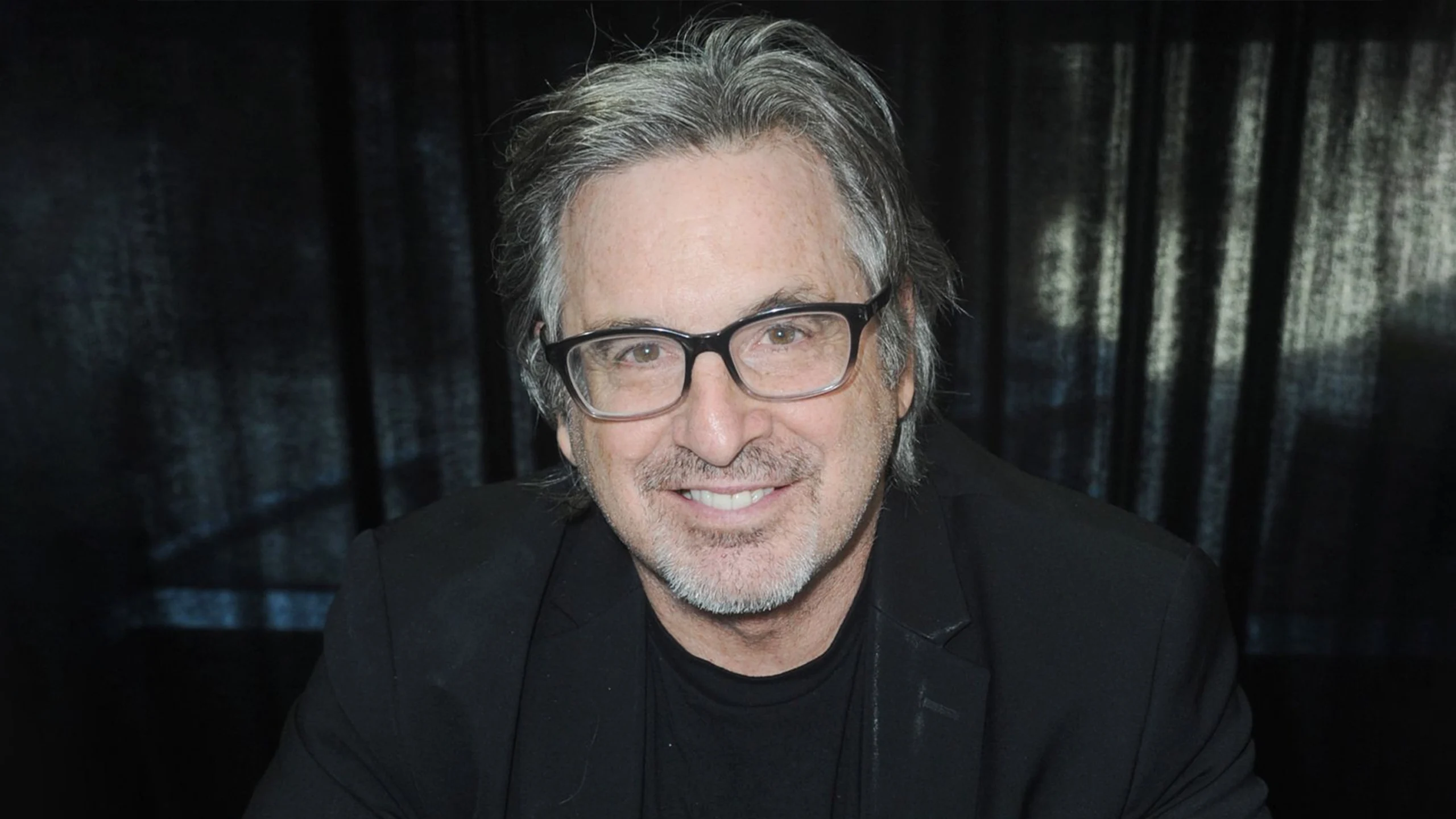When Should Our Kids Have Social Media Accounts?
It’s the question modern Filipino parents are asking more than ever. Here’s what the science says about our kids having social media accounts.
Like any new milestone in our kids’ lives, it always starts with a request.
“Ma/Pa, can I make a TikTok?”
Or maybe, “My friends have Instagram—can I have one, too?”
Some might even go, “Ma/Pa, I need a Facebook for school!”
Growing up, many of us didn’t use social media. But today, it’s the norm. As the generations who lived without it, we’re left to navigate uncharted waters. How young is too young to own a social media account? Are there any guidelines? How can we protect our kids without “suffocating” them?
We get it; it’s a moral mess. Psychologists, digital safety advocates, and other moms and dads always had their stances when it comes to the big question: When should we let our kids have social media accounts—and what do we do when that time comes?
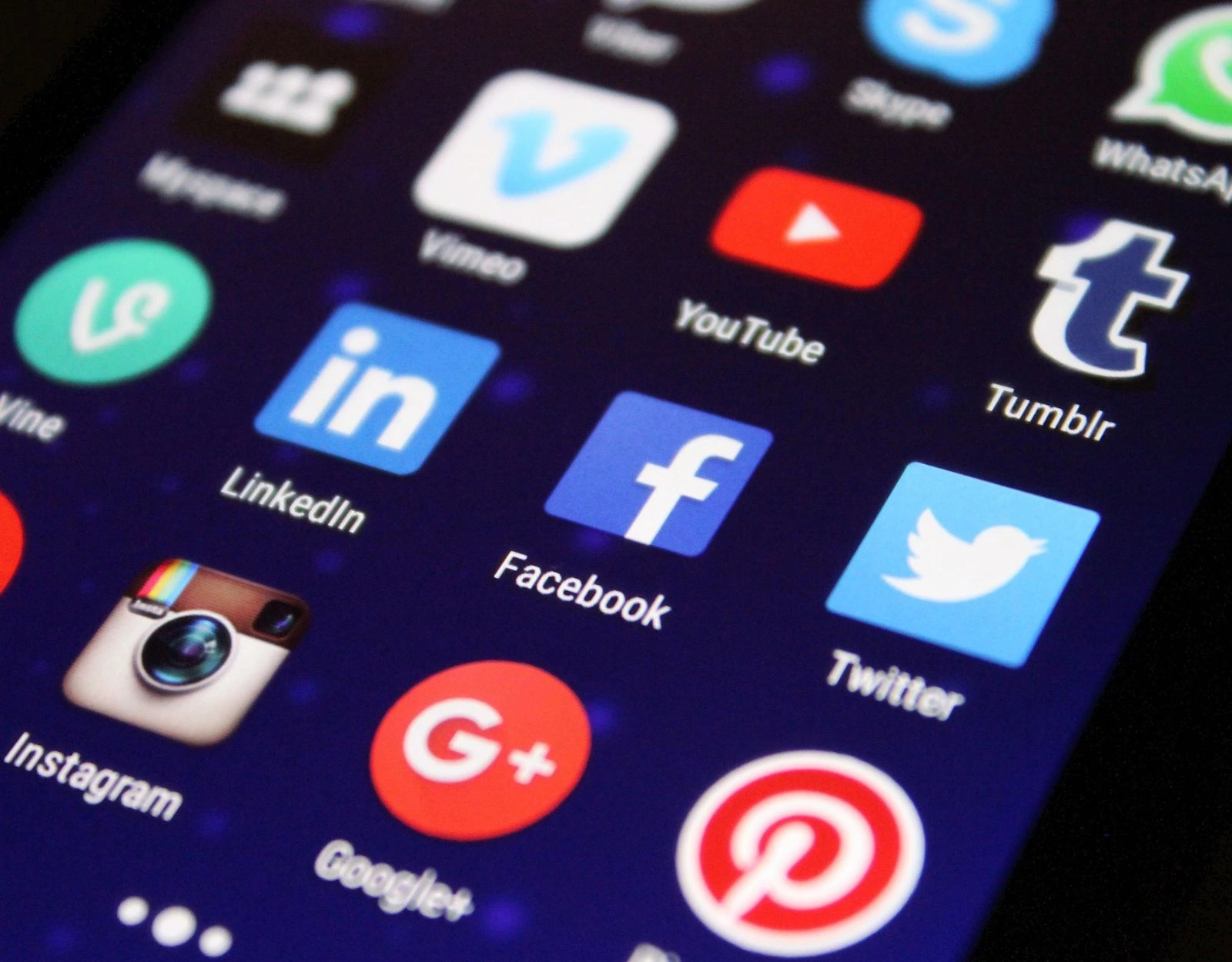
What’s The Recommended Age?
Like most websites, social media (e.g., TikTok, Facebook, Instagram, YouTube, etc.) set the minimum age at 13 years old if they want to create an account. It’s based on the Children’s Online Privacy Protection Act (COPPA)—a guideline and standard for most global websites. Unfortunately, it’s quite easy to lie about one’s age (especially if they’re good with Math). Plus, age doesn’t always equate to maturity.
Studies have also agreed that age doesn’t always serve as a good metric. When it comes to letting kids explore the digital world, there’s no single “right” age that fits every child. What matters more is how well access aligns with their maturity, individual experiences, and parental guidance—because children develop at different rates (Livingston & Sylwander, 2025).
However, some have put the minimum at 16. In a 2022 congressional testimony, psychologist and author Jonathan Haidt laid out something many parents have felt in their gut: social media can seriously harm our kids’ mental health—especially our tweens and teens. He pointed to research linking platforms like Instagram and TikTok to rising rates of depression, anxiety, loneliness, and even self-harm, with teen girls being especially vulnerable between ages 11 to 13, and boys showing increased risk around 14 to 15 (McAllister, Ryan, Sands, Turman, and Friedberg, 2024).
But it’s not just the emotional toll. Some of these have started affecting them physically, too!
How Do We Know If The Kids Are Ready?
Instead of asking, “Are they old enough?” ask, “Are they ready?”
Here are signs that may help you decide:
- They already show responsible online behavior (like using messaging apps safely)
- They come to you when something online disturbs them
- They can manage their device usage and emotions with little to no intervention from us.
- They’re willing to follow family rules around tech use. (Bonus points if they’re the ones reinforcing it!)
Because at the end of the day, the screen is also their door for information. All the information about new restaurants, toys, movies, and things they want to do is now accessible with a push of a button.
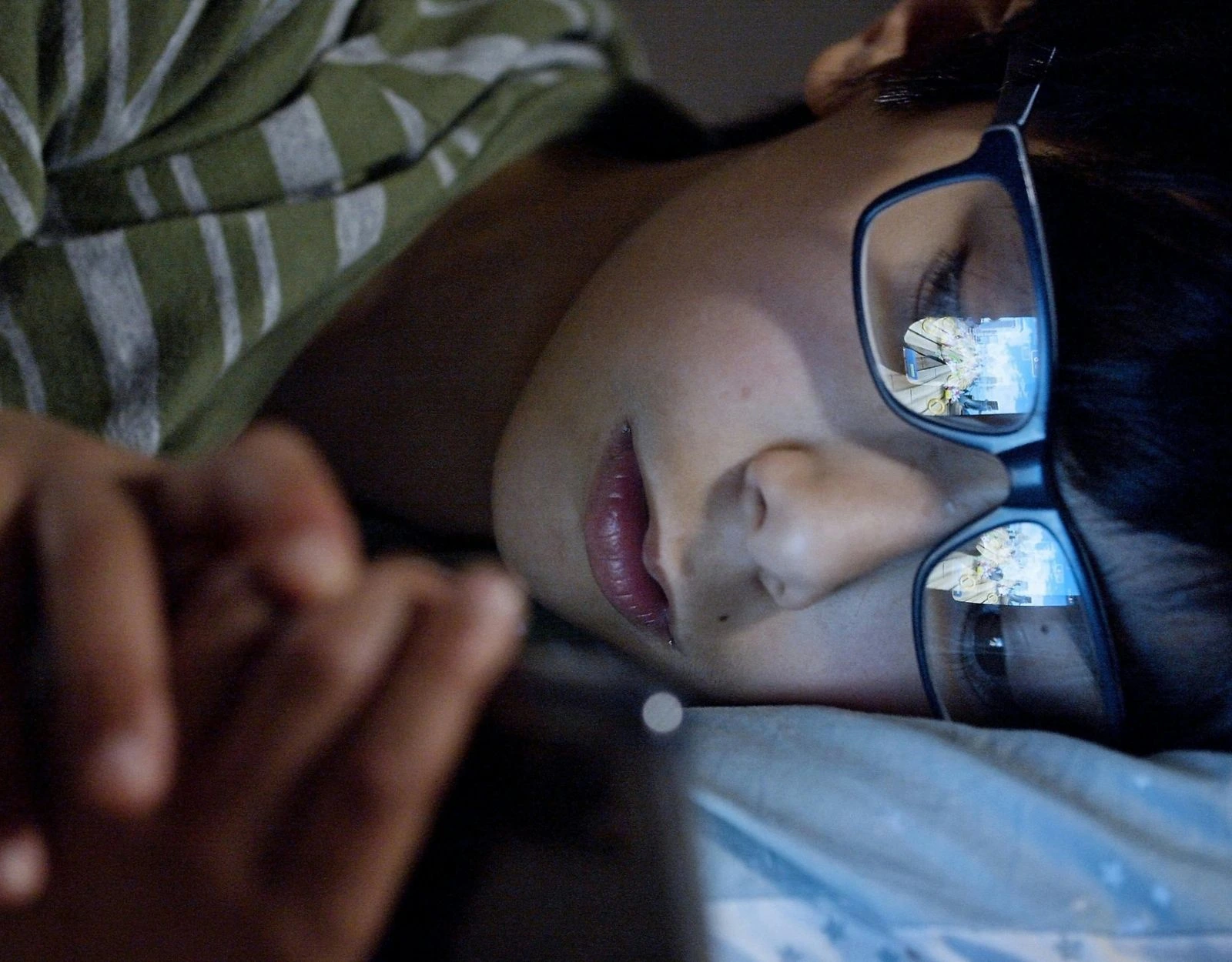
Risks, Benefits, And How To Manage Them?
The awesome part about social media is that it builds community. With the right moderators and culture, social media can become a powerful tool in bringing like-minded people together. It’s how some moms and dads get the help they need to deal with the ups and downs of modern parenting!
However, it’s not without its risks: cyberbullying, self-esteem issues, imposter syndrome, becoming prey for sexual predators — and the list goes on!
So, what can we do? Here are some things we can do.
- Start with co-ownership. Create the account together and log in with your email.
- Set privacy settings together. Make accounts private. Limit who can comment, message, or see them.
- Talk about what’s okay to post. Use real examples to explain boundaries.
- Check in regularly. Not just to snoop, but to stay connected.
How to Prepare Your Child (and Yourself)
The most important part is for us to learn these apps ourselves. Learn the functions, shortcuts, features, culture, and the like. It’ll make setting boundaries a whole lot easier! It’s as a wise mom once said, “You can’t have cybersecurity without tech literacy.”
Although it’s easy nowadays to deactivate or delete an account, we still need some ground rules before letting the kids run amok on the internet. Some draft a social media agreement. Yes, it’s like a contract, and sometimes, writing it down on paper helps too as a reminder for both us and them. Plus, it kind of helps them also get used to the idea that the real world is all about contracts and paperwork.
The basics of the typical social media use agreement usually include:
- Daily screen time limits
- Rules on who to follow
- How to respond to negativity
- When to unplug (especially during meals, study, and bedtime)
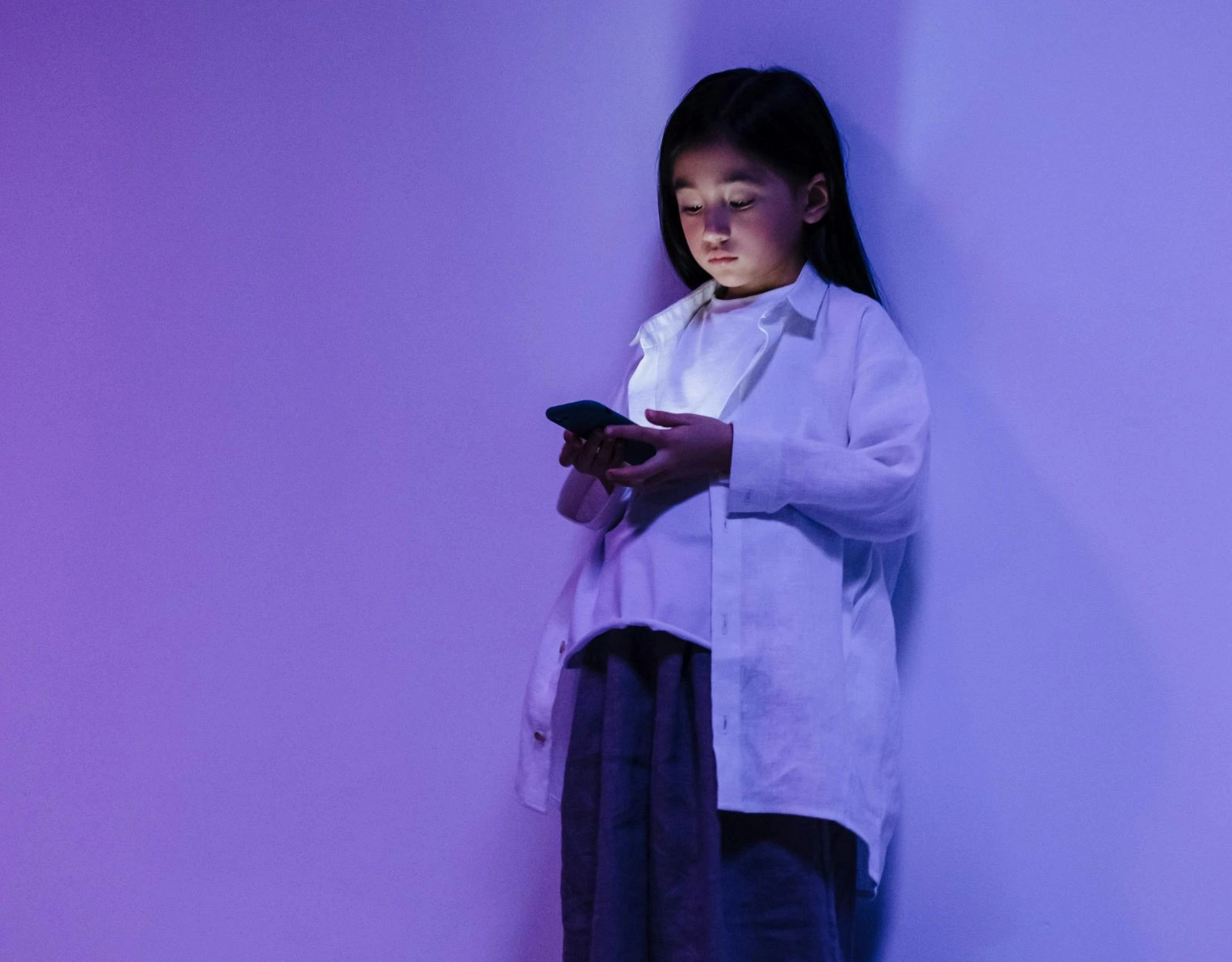
Final Thoughts: Trust, Talk, and Time
Unfortunately, our kids having a social media account may become inevitable. Schools have seen the benefits of keeping it, especially when releasing announcements regarding the weather or school-related issues.
Don’t be surprised that our kids may have bypassed us and made one without our knowledge. Account creation for websites was made to be foolproof so that anyone can make an account. If it weren’t intuitive enough for even the most sheltered person to use, then UI/UX developers wouldn’t be doing their jobs.
However, what we can do to help them navigate the volatile digital culture is to keep the conversation open and candid. Balance the good and the bad. We can’t always protect them from “bad” people or people who think, believe, and experience Life differently from them.
The digital world is just a reflection of reality. There will always be someone who’s having a bad day. But the opposite is also true: there are also those who are just having a really good day and want to share. At the end of the day, proper use of social media demands three things: being aware of the signs, reading comprehension, and knowing what to avoid.
References
McAllister, T. A., Ryan, M., Sands, C., Turman, M., & Friedberg, S. (2024). Social Media and Kids: An Issue Guide.
Livingstone, S., & Sylwander, K. R. (2025). There is no right age! The search for age-appropriate ways to support children’s digital lives and rights. Journal of Children and Media, 19(1), 6-12.
More about social media?
Winning Parenting Made Easy Thanks To TikTok
Hey Kids! Social Media Is A Big Responsibility
The Case for a Holistic Approach to Kids and Social Media
